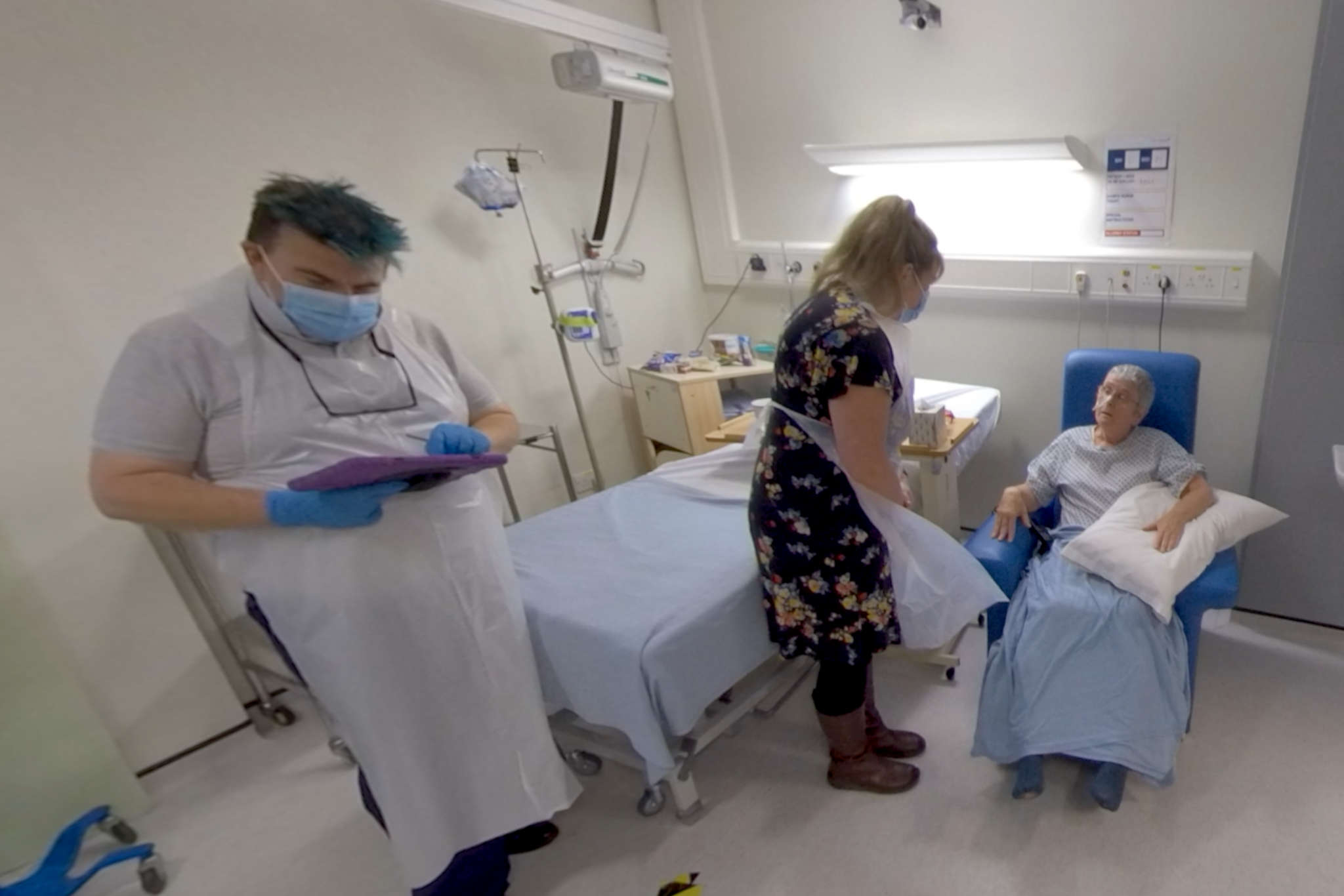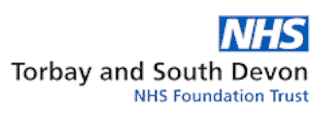
Acute
DieteticsUse this resource in conjunction with your real-world training

Experience Summary
In this 360-degree video, observe a dietitian review of two patients on the ward. Observe how she interacts with the patients and doctors. After watching, reflect on the positives and negatives of these interactions, and how you may have handled the situations differently.
Clinical Context
In an acute hospital setting, a dietetic assessment is a critical component of multidisciplinary care, aimed at identifying and managing nutritional issues that may affect a patient’s recovery, clinical outcomes, and overall wellbeing. Malnutrition is common in hospitalised patients—especially those who are elderly, chronically ill, post-surgical, or critically unwell—and can significantly delay healing, increase infection risk, and prolong hospital stay.
Dietitians play a central role in assessing patients who are at risk of, or already experiencing, nutritional compromise. A referral for a dietetic assessment may arise from routine nutritional screening (e.g., using the MUST tool), clinical observations (such as poor appetite or significant weight loss), or specific medical conditions such as stroke, cancer, renal failure, gastrointestinal disorders, or sepsis. Patients receiving enteral or parenteral nutrition also require detailed dietetic input.
The dietetic assessment involves a comprehensive review of the patient's nutritional status. This includes:
- Basic measurements: weight, height, BMI, weight history, and muscle mass indicators.
- Biochemical data: relevant lab results such as albumin, electrolytes, blood glucose, renal and liver function.
- Clinical condition: underlying disease, current medical treatment, metabolic demands, fluid balance, and medication interactions.
- Dietary intake history: recent food and fluid intake, feeding difficulties, allergies, preferences, and religious or cultural considerations.
- Functional status: ability to eat independently, chew or swallow safely, or tolerate oral intake.
For patients who are nil by mouth, critically ill, or unable to meet their nutritional needs orally, the dietitian may recommend enteral (tube feeding) or parenteral nutrition (IV nutrition), tailoring formulations to the patient’s metabolic needs and clinical condition.
Additionally, dietitians collaborate with speech and language therapists, nursing staff, doctors, and pharmacists to ensure safe, appropriate, and effective nutritional care. They also monitor progress and adjust nutrition plans based on clinical changes, tolerance, and patient response.
Learning Outcomes
- Observe inpatient dietician interactions with patients and the multidisciplinary team.
- Understand the communication issues that may be faced by patients with need for dietetic input.
- Reflect on the consultations in the video.
External Resources
